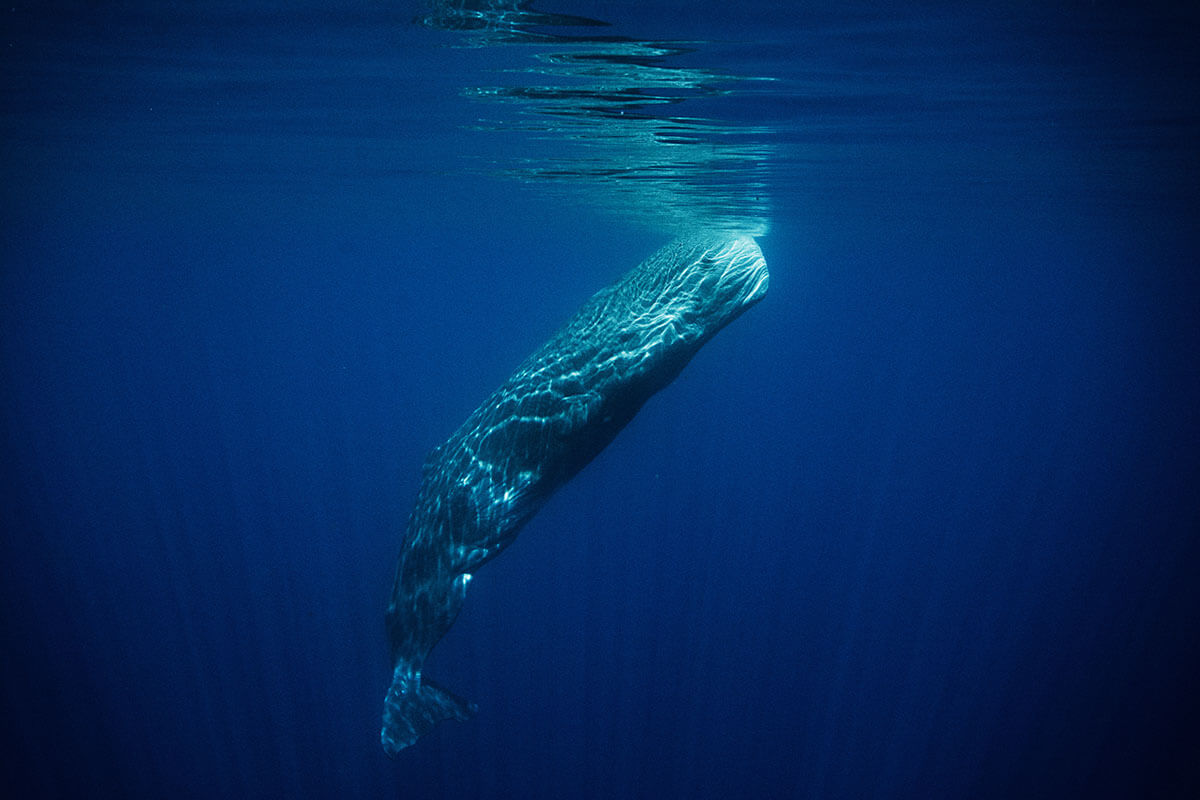The Ultimate House Viewing Checklist for Buyers
06 Jan
Please wait...
26 Jan

Whales in the Caribbean? That is right! Dominica has become home to the world's largest protected sanctuary dedicated to preserving endangered sperm whales. It was announced by the government earlier in the week that the marine protected area spans nearly 300 square miles of the island's nations. Western waters are recognized as a crucial nursing and feeding ground for these magnificent creatures.
Keeping the Waters Safe
Dominica's Prime Minister, Roosevelt Skerritt, explained to the citizens how important it is to keep the water safe for these highly intelligent animals. It's essential for their well-being for the marine environment and climate to be safe.
Sperm whales are one of the largest toothed whales and have one of the broadest global distributions of any marine mammal species. You can find sperm whales in all deep oceans ranging from the equator to the edge of the Arctic and Antarctic.
Unfortunately, sperm whales are the primary target for commercial whaling industries dating back to the 1800s. The term whaling is no longer a major threat for sperm whales, but the populations are still recovering. That is one of the reasons why it's important to keep these endangered species protected with clean waters and healthy environments.
Located all across the world's oceans, from the tropics to higher latitudes. Females are more commonly found in warmer waters that are higher than 60°F.
Females and young male sperm whales are restricted to warmer waters more north. Older males travel from colder waters to the edge of the Arctic pack ice.
Dominica Sperm Whale Project
Shane Gero, a well-known biologist and the founder of the Dominica sperm whale project, believes that Dominica is one of the top contributors to this process.
The exact reason for the increased declination in Dominica remains unclear. The biologist suggests it might be linked to the whale's dietary habits.
The sperm whales in Dominica play a role in mitigating climate change and act as unexpected allies to preserve the planet's delicate ecological balance. And that is good news.
CITED: www.fisheries.noaa.gov, thecaribbeannewsnow.com, www.nationalgeographic.com